Apple chutney be damned.
I’m lucky – the cottage I live in sits facing an old English orchard owned by the Wiltshire Wildlife Trust (who also own my property, aptly named “Orchard Cottage”). Few people know the orchard is there, and I’m free to enjoy as much of its fruit as I can bear. And this year, there’s been a LOT of fruit.
Last weekend I took a stroll and counted 17 apple trees and 2 pear trees, most of which were bursting with fruit. It is both awesome and overwhelming. People on the interwebs have been sharing their ideas for various apple chutneys, cakes, jellies and so on, but these things don’t excite me so much. Then I started getting curious about pressing apples into juice, not so much because I care about juice, but cider – now that’s interesting.
Twitter is amazing. I mentioned something random about wanting to press some apples and before I knew it, Sam of the fantastic Sam’s Kitchen & Deli in Bath introduced me to his stepdad, James, who lives on a fantastically picturesque farm in Somerset called Court Farm. He rents part of the farm as a holiday cottage, and has converted another part into a small apple pressing “factory”.
James has been making juice and cider for 5 years and has just upgraded his kit to include an electric mill and hydropress which makes the juicing process really fast and easy. James is very keen to grow his “small band of enthusiasts” and invites people to come in and, for a very small fee, use the press for their own apples.
So last weekend, I picked about 43 kilos of apples and visited James who very kindly showed me how to turn the apples into juice. It was all very simple: rinse the apples, pulp the apples in the electric mill, then press the pulp into juice using a “hydropress”.
The hydropress is an ingenious little device: a bladder sits within a porous cylinder, which you fill with apple pulp. Then you fill the bladder with water and the pressure pushes out the juice. So simple.
The juice is then strained, and then pasteurised UNLESS you plan to turn the juice into cider – that’s when things get interesting.
With James’ help, I was given the know-how and tools I needed to get started making cider. In this first step, all I needed to do was put unpasteurized cider into demijohns topped with airlocks. What should happen in the days to follow is this: the juice starts fermenting and releases carbon dioxide. To avoid a scary explosion, the airlock is filled with a bit of water so that carbon dioxide can bubble out, but oxygen in the air can’t get in.
Then what? Well that’s what I need to find out.
I’ve got two demijohns, 20 litres worth, of cider on the go (plus another 30ish litres of pasteurised apple juice to drink at my leisure). In three weeks time, I’m going to have to do something with my cider. I’m not sure what, but I plan to do a lot of reading between now and then to learn how to finish the process.
Per James’ suggestion, I ordered Craft Cider Making by Andrew Lea. One of the Amazon reviews said “Great if you’re a biochemist”. You know what: I think this is what I’m going to like about cider making. When James was showing us his own kit, he used a hydrometer to measure the sugar content (which indicates alcohol content) and is a way to measure how the cider is progressing over time. He also talked about making ciders with different apples and combining them to achieve the perfect taste. I love this chemistry-set aspect of cider making. So I very well could have an expensive hobby on my hand. It’s just as well the apples are free.
Next steps: learn more about making cider and return to Court Farm with some crab apples, which I hear make an excellent cider, and there are plenty of untouched trees around the farm whose fruit would love a home.
If you live in the Somerset area and have lots of apples to spare, get in touch with Court Farm. James and Helen are the friendliest of people. I’m so moved by their generosity in sharing their tools and their knowledge with folks like me. It’s people like them who make living in this part of the world such a great thing: there’s a real excitement about the ingredients and the process of creating something from start to finish, something that’s bigger than the sum of its part. A real celebration of the country. And a fantastic way to spend a beautiful Sunday.
P.S. Court Farm is beautiful and I especially enjoyed meeting the happy pigs. Thank you, James and Helen.
Photoset on Flickr: Turning Apples into Cider

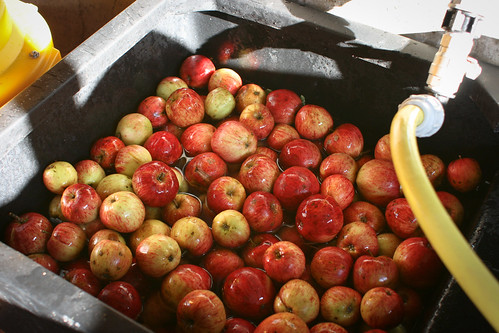
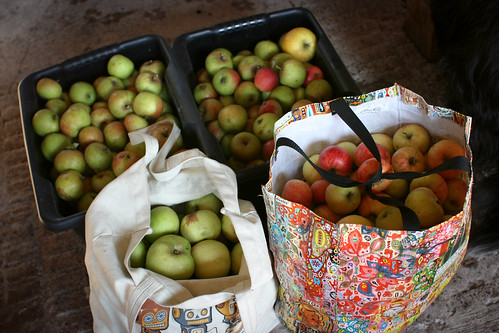
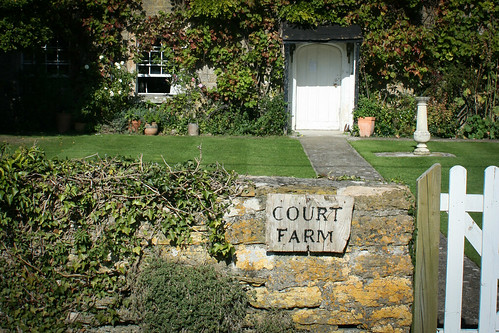
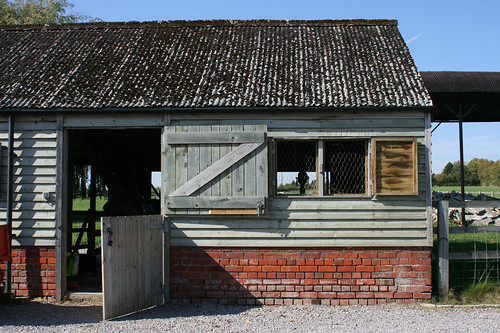
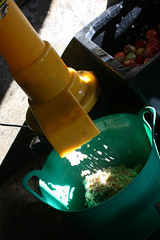
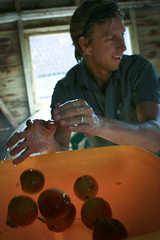
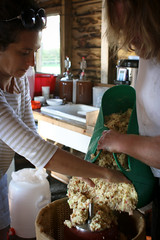
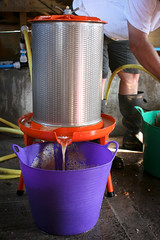
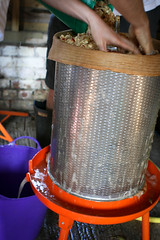
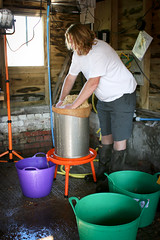
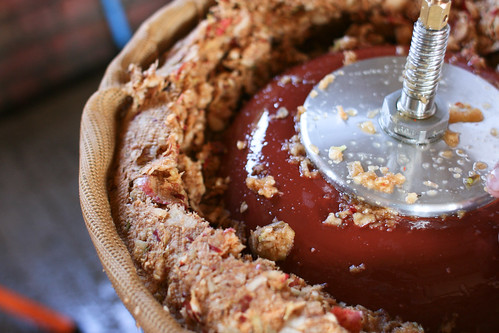
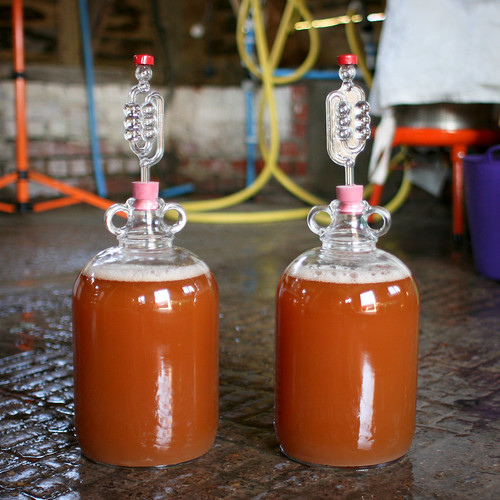
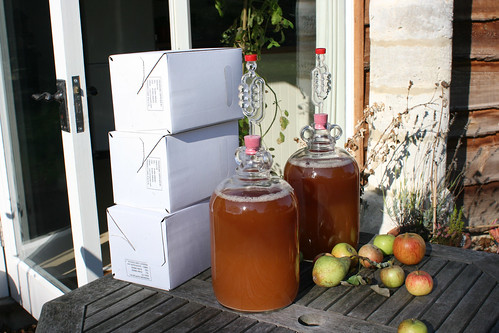
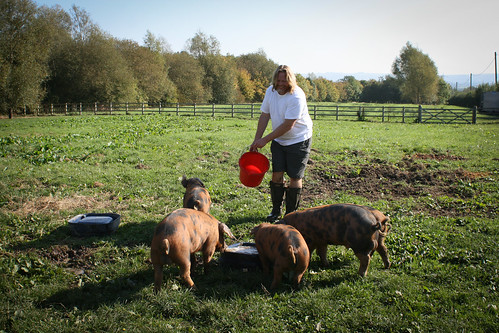
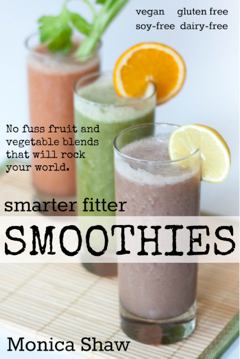
How exciting this is, Monica! How I wish I could immerse myself into your wondrous world and meet the people and experience the things you do. It’s a life of enchantment and wonder, excitement and promise. It’s a sweet and loamy life, always on the hunt of the next discovery. Will this one be frothy and sweet? Tart and crisp? We look forward to your first sip.
What an excellent fall excursion! I usually go apple picking with friends but this year we decided that it just wasn’t worth it because it really isn’t as entertaining as you’d expect. Now I think it’s just that our local orchard doesn’t have much of an imagination! The place you visited looks adventure and fun packed! Not to mention beautiful and quaint. Thank you for sharing!
I’ve always wanted to learn how to turn apples into cider! It’s so amazing that you have the land trust next to you and access to probably some really lovely varieties of apples. Roger Deakin was involved in an heirloom apple society that I’m not able to Google the name up of easily, but if I do, I’ll pass it along–they seem to be doing some great work in England!
Jes, did a little searching on Roger Deakin – I see he founded Common Ground, which promotes “Apple Day”, a huge event here in the UK:
http://www.guardian.co.uk/news/2006/aug/29/guardianobituaries.environment
http://www.commonground.org.uk/
Wendy, one thing I’ve realised is that there just aren’t many people around who enjoy this stuff enough to be bothered. I tried to get some of my neighbours to come along and although they were interested, it all just seemed “too hard” to them. It’s a shame, but to each his/her own I suppose.
How does the apple cider taste, I have never made homemade apple cider, but I do love apple cider 🙂
free paleo diet recipes
It tastes delicious – it’s definitely worth a try!